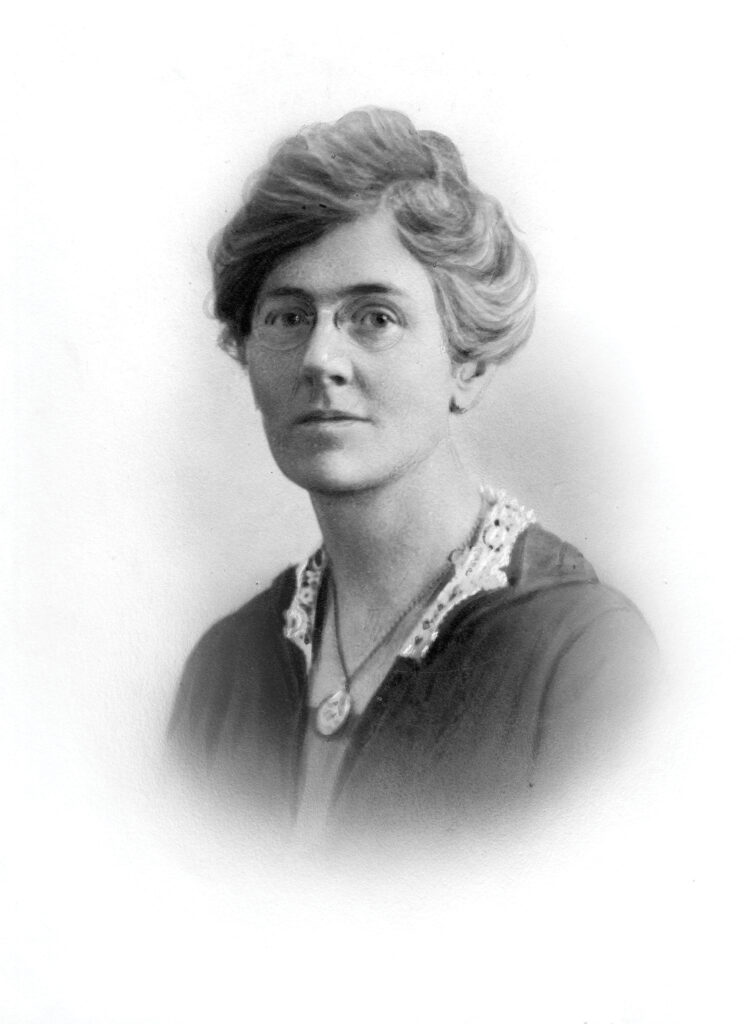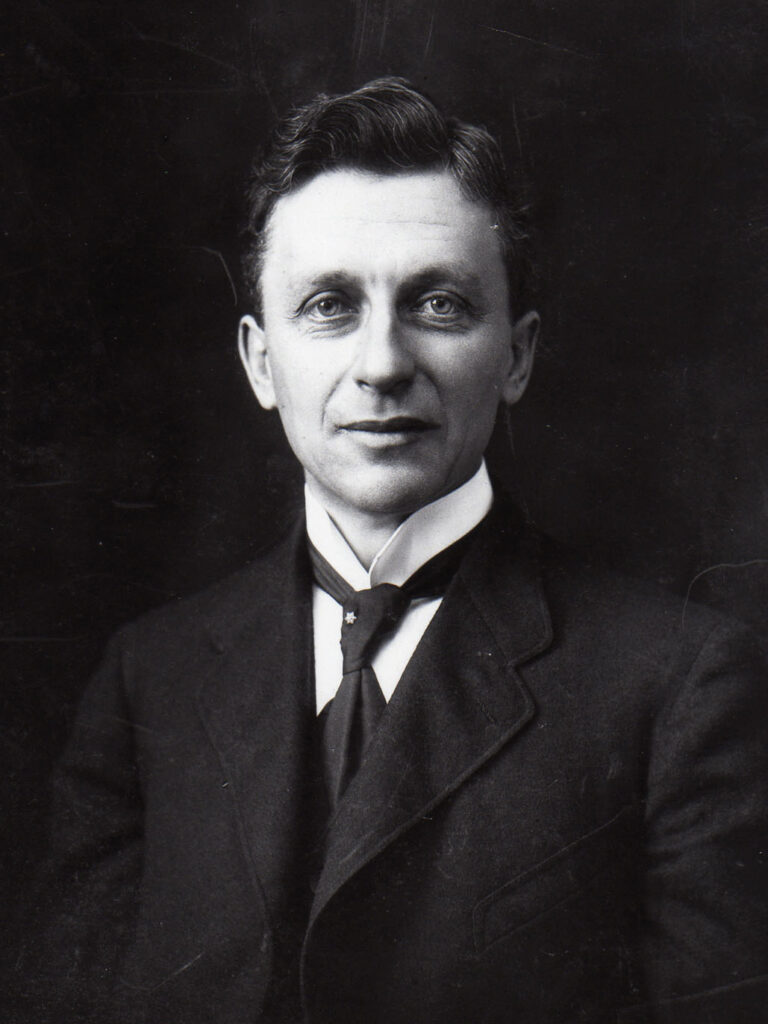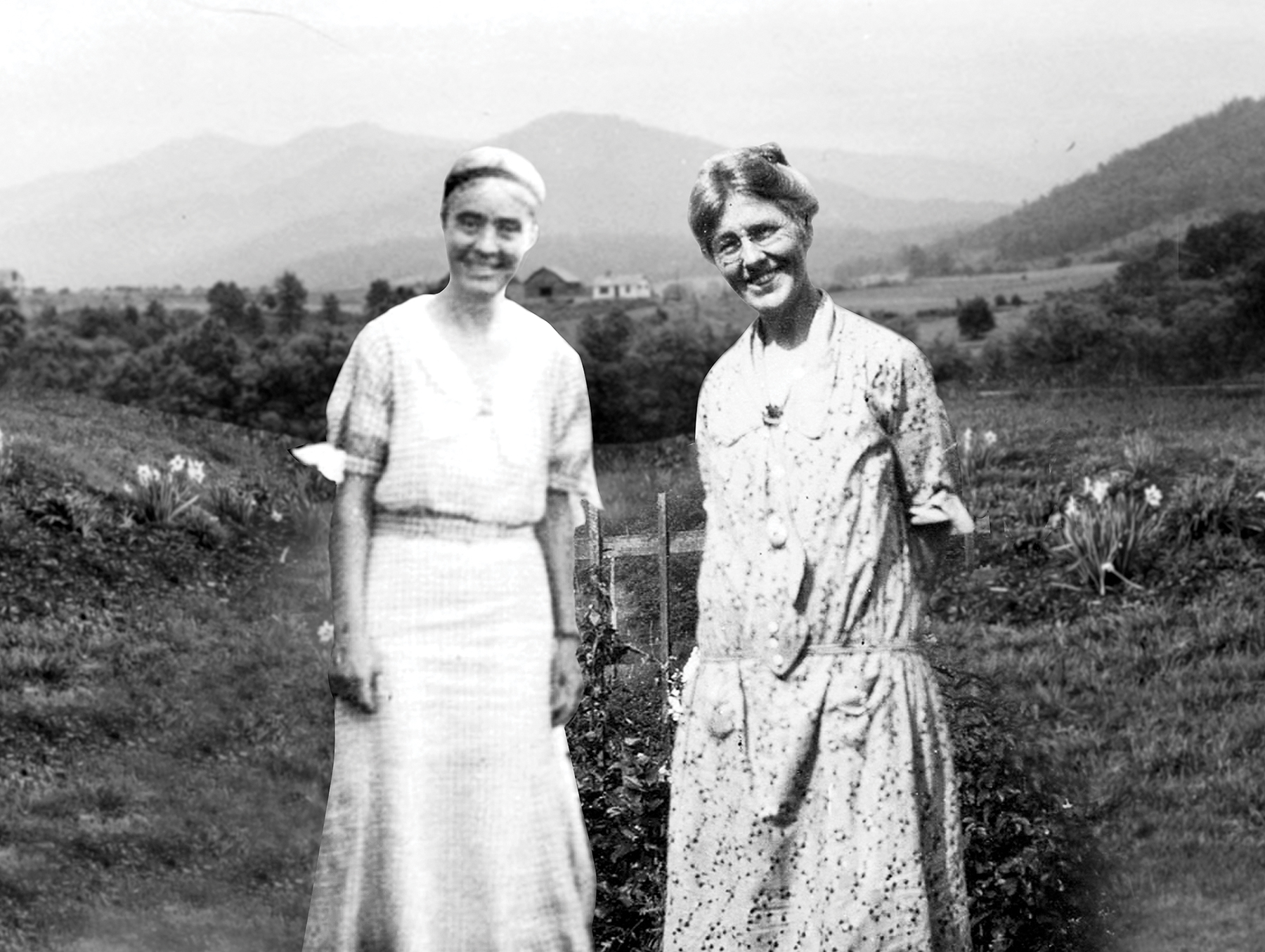10 Dec Celebrating 100 years of Singing Behind the Plow

We have a remarkable lineup of events planned for 2025–2026 to honor our milestone anniversary. The celebration will begin at Fall Festival 2025 and continue through the summer of 2026. Browse the catalog, find a class, choose an event, and join us in celebrating 100 years of “singing behind the plow.”
John C. Campbell, born in Indiana and raised in Wisconsin, was a theologian, educator, and humanitarian. His wife, Olive Dame Campbell of Massachusetts, graduated from Tufts College and joined her husband on a fact-finding survey of social conditions in the Appalachian mountains in 1908–1909. The Campbells outfitted a wagon as a traveling home and studied mountain life from Georgia to West Virginia. While John interviewed workers, farmers, preachers, and educators, Olive collected Appalachian ballads and studied the handicrafts of the mountain people. Both were hopeful that the quality of life in the region could be improved by education, and in turn wanted to preserve and share with the rest of the world

Olive Dame Campbell

John Charles Campbell
the wonderful crafts, techniques, and tools that the mountain people used in everyday life. The folkehøjskole, “folk high school,” had long been influential in the rural life of Denmark. These “schools for life” helped transform the Danish countryside into a vibrant, creative force. The Campbells talked of establishing such a school in the rural southern United States. After John died in 1919, Olive and her friend, Marguerite Butler, traveled to Europe and studied folk schools in Denmark, Sweden, and other countries. They returned to the U.S. full of purposeful energy and a determination to start such a school in Appalachia.
They realized, more than many reformers of the day, that they could not impose their ideas on the mountain people. They would need to develop a genuine collaboration. Several locations were under consideration for the experimental school. On an exploratory trip, Miss Butler discussed the idea with Fred O. Scroggs, Brasstown’s local storekeeper, and said she would be back in a few weeks to see if any interest had been shown. When she returned, it was to a meeting of over 200 people at the local church. The people of Cherokee and Clay counties pledged labor, building materials, and other support. The Scroggs family gave land. In 1925, the Folk School began its work. One hundred years later, instruction at the Folk School remains noncompetitive – no credits, no grades, no pitting of one individual against another – and grounded in Olive’s purpose, to enlighten and enliven the world.

Marguerite & Olive



No Comments